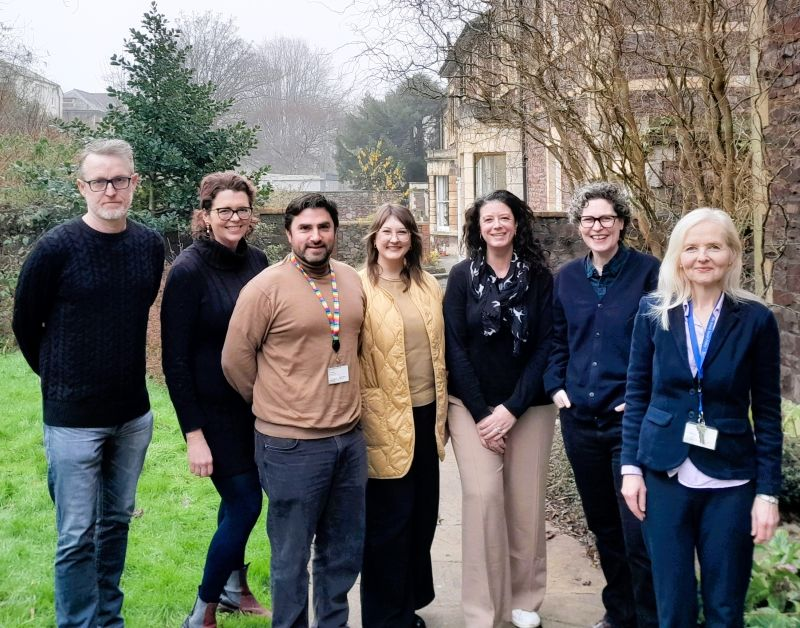by Ueli Reber, Karin Ingold and Christian Stamm
Swiss lawmakers have debated pesticide regulation for nearly a decade, often drawing on different types of scientific and policy evidence to support their positions. In Reber et al.’s recent study, the authors analyse how problemoriented evidence (highlighting environmental or health risks) and solutionoriented evidence (emphasising policy effectiveness) were used strategically in parliamentary discussions.
Analysing parliamentary texts with computational methods
To study this, the authors compiled a corpus of 1,738 parliamentary documents — including written requests and plenary debate transcripts — containing references to pesticides. Using keyword searches, they retrieved 10,642 paragraphs. They then applied finetuned transformerbased text classification models to each paragraph to classify (1) the position expressed — either in favour of policy change (“change”) or defending existing policy (“status quo”) — and (2) whether the paragraph invoked evidence, and if so whether that evidence was problemoriented (highlighting risks) or solutionoriented (emphasising the effectiveness or sufficiency of existing or alternative policy measures).








